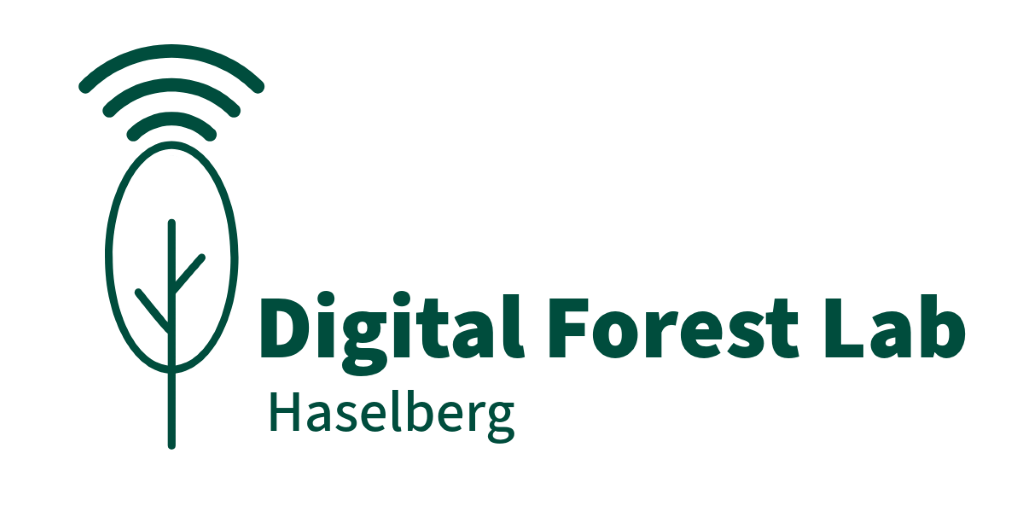Projects
The Digital Forest Lab Haselberg is an open learning and research space. It is home to various final and research projects that deal with local forest ecosystems around Haselberg.
Information about the main project:
![]()
Besides the development of the digital forest tour and website, we were invited to the BfN conference "Naturschutz Digital 2023: Innovative Digital Formats in Conservation Education" in April 2023, the annual symposium of IFSA (International Forest Students Association) in August 2023 and were allowed to present our project at FoWiTa in Dresden in September 2023. In the exchange with participants, networking with other digital and free educational applications has become particularly important to us. The ongoing development of knowledge transfer formats is also important to us, which is why we do not see this project as completed, but rather as a dynamic platform that develops with the projects and students. Questions about the projects or project proposals can be submitted via the
contact form
.
Students projects:
"Semantic segmentation of dead trees (Picea abies) using deep learning"
by Muhammed Sinan, M.Sc Forest Information Technology.
It is possible to track the physiological stress caused by biotic or abiotic stimuli in forests. At present, one of the major problems is the large number of dead trees that directly damage neighbouring trees. If a thorough overview of the affected area and the number of damaged trees can be quickly recorded and incorporated into the planning of forest management measures. Dead trees can be identified appropriately using Remote Sensing (RS) and Artificial Intelligence (AI) approaches. AI has developed a number of image segmentation algorithms that can classify dead trees from RS data, such as unmanned aerial vehicles (UAVs) images. From this perspective, this research aims to utilize one of the DL models, U-net, to segment the dead spruce (Picea abies) trees in the UAV orthophotos.
"Establishment of a long-term experimental plot with dendrometers"
by Jan Smigielski, B.A.Sc International Forest Ecosystem Management.
This study aims to establish a research setup, which can deliver data on the impacts of environmental parameters on tree-physiology parameters. It examines whether the constructed research setup can deliver sufficient data to display cause-effect relationships between the parameters. Detected correlations could be used to create a data-based model, which can make the research results accessible and visible for users.
For this purpose, stem radius fluctuations of multiple individuals of Fagus sylvatica were measured in micrometer resolution with point-dendrometers in a research area located sat the Digital Forest Lab Haselberg. Stem radius changes can be traced back to either growth processes or tree-water movements. The data was processed based on the Zero-Growth concept by Roman Zweifel et al. with the R-package treenetproc and tested for correlations.
"Design of a long-term experimental plot in small private forest considering silvicultural, climatic and economic aspects"
by Paula Mosch, B.Sc. Forest Management
Other projects:
Inventories by laser scan by IT4 Forest
Harvesting measures and effects on stand structure by the HNEE Department of Forest and Environment.
Open topics to work on:
-
Regeneration concept of a beech dominated stand
-
Algorithmic recognition of wildlife camera data
-
Chapter 3 Perspectives of the forest ecosystem

